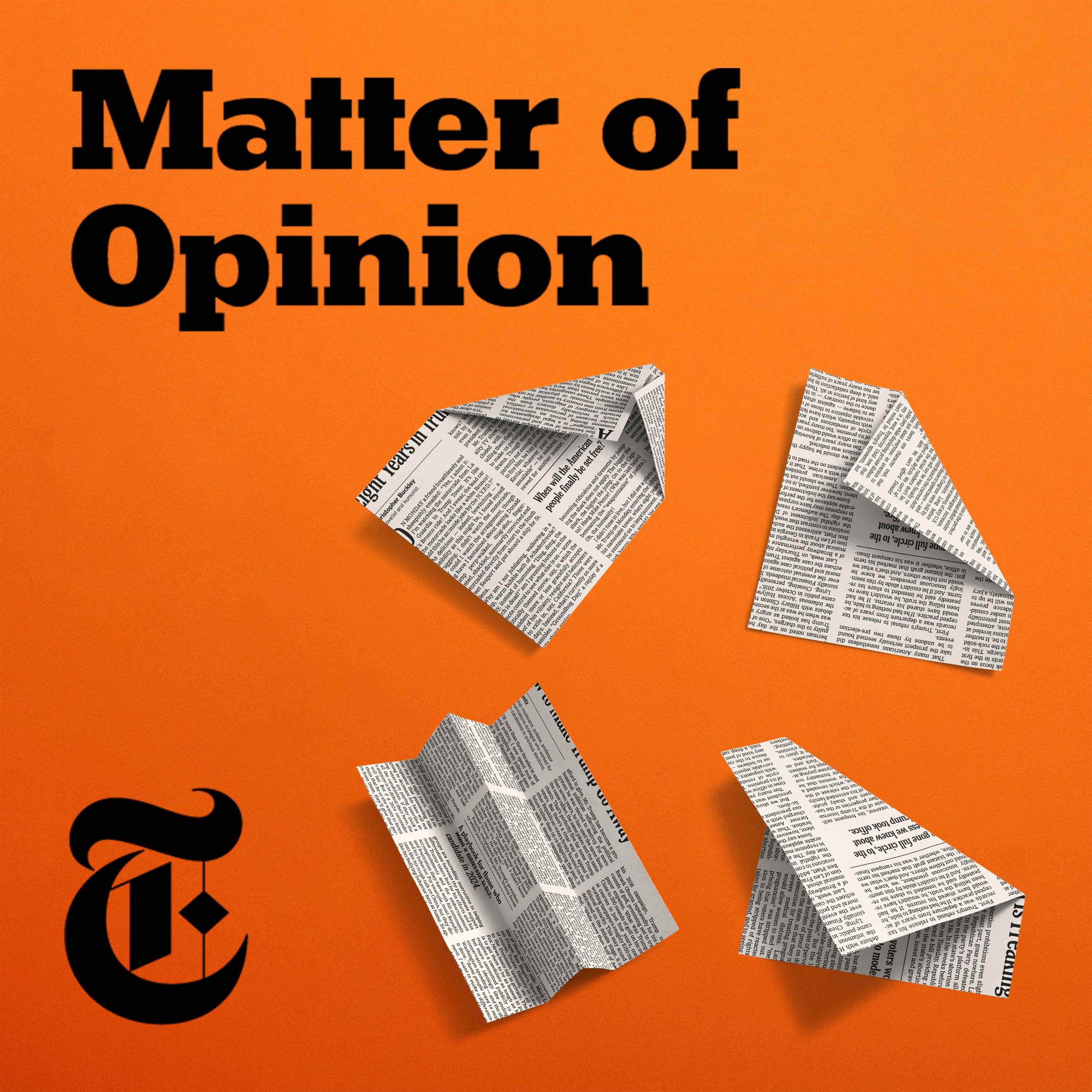The Price of $5 Donations: Is Small-Dollar Fund-Raising Doing More Harm Than Good?
As midterm frenzy reaches its peak, your inbox might be full of imploring fund-raising emails with increasingly desperate headlines: “Just $3 can make all the difference.” “Can you chip in today?” “Ultimately, it’s up to you.” In theory, the small-dollar donation model is a good thing: It enables voters to have a say in who their candidates are and counterbalances the influence of superdonors and industry lobbyists. But as extremist candidates increasingly adopt grass-roots approaches and self-fund-raise their way into Congress, could small-dollar donations be doing more harm to our democracy than good?Today’s guests come to the debate from different positions. Tim Miller is a former Republican strategist and current writer at large for The Bulwark who believes that there are real dangers to the grass-roots model. “Our online fund-raising system is not only enriching scam artists, clogging our inboxes and inflaming the electorate; it is also empowering our politics’ most nefarious actors,” Miller wrote recently in a guest essay for Times Opinion. On the other side is Micah Sifry, a co-founder of Civic Hall and the writer of The Connector, a newsletter about democracy, organizing and tech. Sifry thinks that, yes, small-dollar donations fund extremists, but they can also enable progressive politicians to hold powerful interests accountable as independently funded candidates. “Some politicians are going to get money for their campaigns who I disagree with, but you’ve got to live with that because the alternative is oligarchy,” Sifry says.Mentioned in this episode:“The Most Toxic Politicians Are Dragging Us to Hell With Emails and Texts,” by Tim Miller in The New York Times“Fed Up With Democratic Emails? You’re Not the Only One.” by Lara Putnam and Micah Sifry in The New York Times“Don’t Blame Our Toxic Politics on Online Fund-raising,” by Micah Sifry in Medium(A full transcript of the episode will be available midday on the Times website.)

